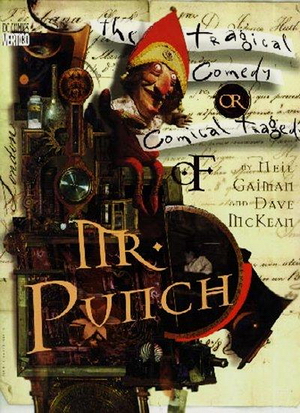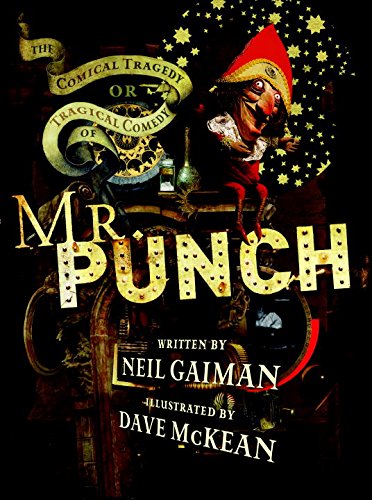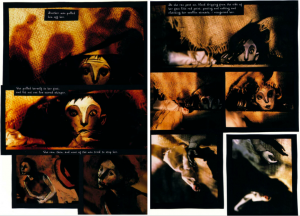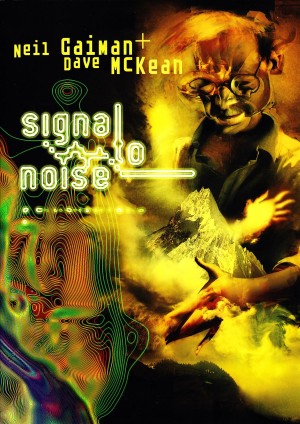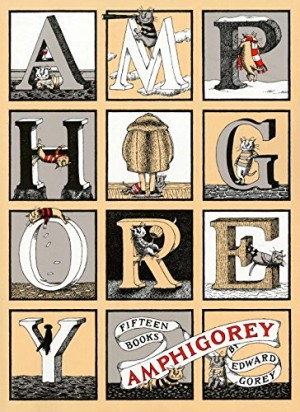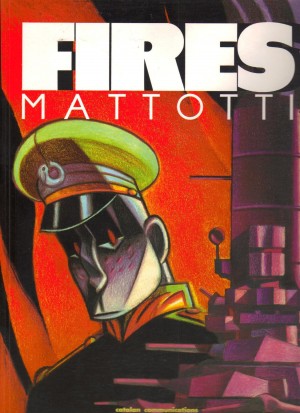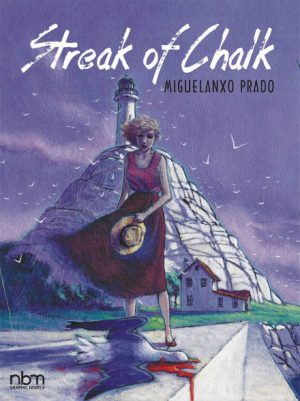Review by Jack Kibble-White
Neil Gaiman and Dave McKean’s collaborations often explore the potential for ambiguity that resides in the juncture between words and pictures. In The Comical Tragedy or Tragical Comedy of Mr Punch, it is an evocation of memory that attempts to blossom within this creative intersection, specifically the narrator’s recollection of a time when he was seven years old and first encountered a Punch and Judy show.
Situated in a down-at-heel coastal town and focusing on one of our most sinister cultural artefacts, Gaiman and McKean have a ripe (possibly overripe) collection of tropes to play with. The dinginess of a failing promenade, the visual metaphor that is a hall of mirrors and the sinister violence of an ancient puppet show – it’s almost as if Gaiman has dealt himself too strong a hand. Those images resonate all on their own without any need for a writer’s intervention.
For those familiar with Gaiman and McKean’s Violent Cases, the concerns and approach of this book feel familiar. Yet where that earlier work felt like an authentic meditation on memory and, specifically, the ways in which we as adults try and make retrospective sense of our formative years, Mr Punch doesn’t quite hit the mark somehow.
McKean’s artwork is, as ever, dazzling. We find him at some mid-point between showboating Bill Sienkiewiczesque fully painted splendour (which typifies his early work), and the closely observed stripped down pen and ink portraiture that defines projects such as his self-penned opus Cages. Here the body language really is spot on, particular the artist’s portrayal of the Punch and Judy man, Swatchell.
But lush visuals are not quite enough to hide the narrative paucity, particularly when the reader gets a sense that there really is very little new here from Gaiman. Rather than a sequel, or successor to Violent Cases, Mr Punch comes across as a dilution and a bit of a rehash. It’s not without merit, because Gaiman’s work always possesses an élan and tone that is pleasing to the senses, and you do depart the book with an undoubted frisson of a second-hand Proustian rush. But where Violent Cases felt like a true reflection upon trying to piece together a story from conflicting memories, in Mr Punch the pieces slot together too easily.
Vertigo’s 20th anniversary edition includes an extra twenty pages of preliminary and promotional art.
